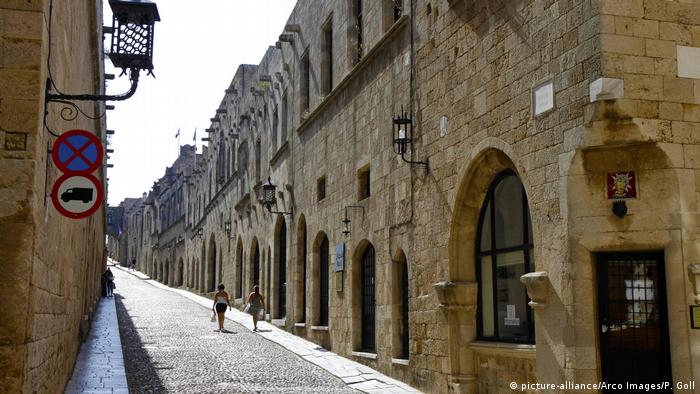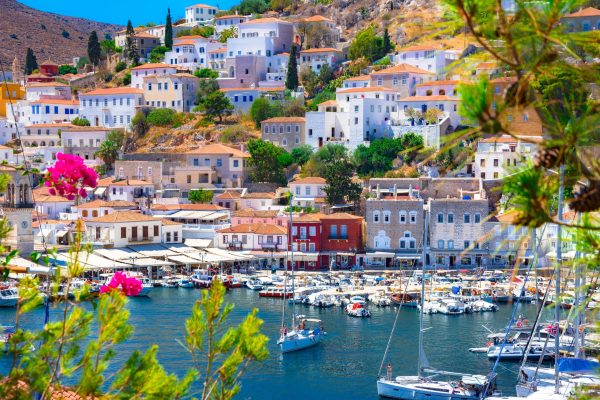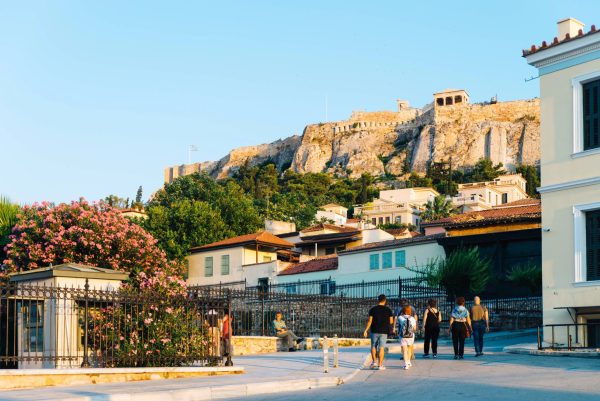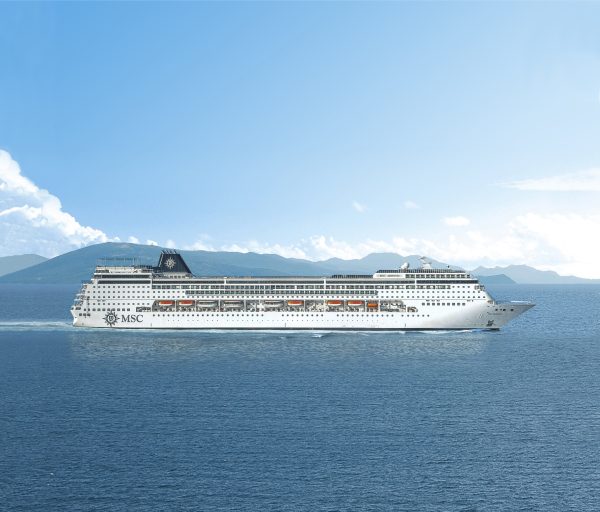
“To salvage the tourist season, Greece started an experiment under scientific guidance. 189 Dutch people were allowed to spend paid vacations in Rhodes,” according to a report in Austrian newspaper Der Standard, which notes that “the Greek government wants to save the tourist season despite the high number of coronavirus cases.” It is interesting that 25,000 people applied for participation in this pilot program.
“During the selection process, the Dutch government, in cooperation with state health authorities and travel agency Sunweb, took care to gather as heterogeneous a group of travelers as possible, in which, for example, all age groups are represented. In this way, safe conclusions could be drawn in the end,” the report states, observing in another point: “The “Rhodes experiment”, as this program has been christened, is accompanied by scientists, who observe the behavior of the vacationers: how often they wash their hands, if they keep their distance from each other, if they wear a mask. After their return, the vacationers will have to enter a five-day mandatory quarantine.” In fact, according to the paper, it is interesting that a second, corresponding pilot program is imminent in May. This time in the Canary Islands, with an all-inclusive eight-day package.
Greece’s plans to open tourism to visitors from foreign countries who have been vaccinated or tested for coronavirus starting next week, as part of a pilot program, was also mentioned by the n-tv television network. Among other things, it notes: “The coronavirus crisis with the travel restrictions imposed had a serious impact on Greek tourism, a sector on which Greece depends. Greece hopes to be able to stimulate tourism again quickly, with the tourist season officially opening in mid-May.”
Berlin: Dissatisfaction with asylum seekers’ flights
An article in the new issue of Der Spiegel magazine refers to the dissatisfaction within the German government with the way Greece handles refugees. “The reason lies in the large number of people who continue to travel from Greece to Germany, even though the Greek authorities have recognized them as asylum beneficiaries. Over the Easter weekend alone, more than 300 people, mostly Afghan refugees, arrived at German airports on regular flights and applied for asylum immediately.” According to the Federal Office for Migration and Refugees (Bamf), in the first three months of the year, about 2,900 men and women already recognized in Greece applied for asylum in Germany.”
The article also refers to the ruling of the Administrative Court of Münster in January, according to which “refugees are currently not allowed to be deported to Greece, because they can not meet basic needs there (‘bed, bread, soap’). “According to the court, in Greece they are threatened with ‘extreme material deprivation’ and are in danger of being left homeless, while it considers that the situation has worsened with the coronavirus pandemic”. According to Spiegel, “according to asylum experts, at an internal government-state conference held in March, German Interior Minister Horst Seehofer considered the issue to be ‘the most pressing problem at the moment’.” It is said that if left unresolved, “the whole European asylum system is in jeopardy.” According to the article, “Berlin” clearly stated “to Athens that it expects from the Greek authorities” the observance of the basic standards “for refugees.” According to asylum experts, the Commission is examining an infringement procedure against Greece.”
SPIEGEL: Frontex vs refugee boats
In the same issue, Spiegel refers to the issue of alleged deportations in the Aegean. “As part of the operations of the European border protection service Frontex in the Aegean, the Greek authorities since March last year ‘blocked’ 132 boats carrying refugees. This is borne from a response from the German government following a question from Left MP Ula Gelpke. Prior to that, Spiegel, along with other media, had maintained that Frontex was involved in illegal repatriations: for about a year now, European operational forces have been stopping open boats carrying refugees and handing them over to the Greek Coast Guard, and they end up back to Turkey,” writes Spiegel.
The article also refers to the head of Frontex Fabrice Lazeri who rejected the accusations in the European Parliament, however “lawyers have a different opinion.” Elsewhere, the report states that Ula Gelpke estimates that “there is obviously a practice of illegal pushbacks involving Frontex in the Aegean” and that “both the German Federal Police and Frontex should have withdrawn from the Aegean a long time ago.”
Latest News

Istanbul Earthquake – Greek Prof. Concerned Major Quake Yet to Strike
Responding to concerns over whether a potential major quake in Istanbul could affect Greece, Papazachos was reassuring: “The fault extends as far as Lemnos and the Northern Sporades, but it doesn’t rupture all at once. An earthquake in Istanbul doesn’t have the capacity to directly affect Greek territory.”

Greece 4th Most Popular Summer Destination for Europeans
Southern Europe remains the top choice for Europeans at 41%, though down 8% from last year, likely due to rising temperatures and climate concerns.

Easter Sales Performance and the Source of €4–5 Million in Losses
Easter retail sales were relatively weak this year, with the only "real winners" being the livestock farmers who had lambs to sell.

Hotel Foreclosures Continue to Plague Greece’s Islands
A surge in hotel foreclosures across Greece’s islands threatens small tourism businesses, despite booming visitor numbers and record-breaking travel in 2024.

Athens Launches Task Force to Safeguard Historic City Center
The new municipal unit will ensure compliance to zoning laws, curb noise, and address tourist rental issues starting from the Plaka district.

WTTC: Travel & Tourism to Create 4.5M New Jobs in EU by 2035
This year, international visitor spending is set to reach 573 billion euros, up by more than 11% year-on-year

IMF: US Tariffs Shake Global Economy, Outlook Downbeat
IMF slashes global growth forecast to 2.8% as U.S. tariffs create uncertainty and ‘negative supply shock

First Step Towards New Audiovisual Industry Hub in Drama
The project is set to contribute to the further development of Greece’s film industry and establish Drama as an audiovisual hub in the region

Airbnb Greece – Initial CoS Ruling Deems Tax Circular Unlawful
The case reached the Council of State following annulment applications filed by the Panhellenic Federation of Property Owners (POMIDA)

Mitsotakis Unveils €1 Billion Plan for Housing, Pensioners, Public investments
Greek Prime Minister Kyriakos Mitsotakis has announced a new set of economic support measures, worth 1 billion euros, aiming to provide financial relief to citizens.













![Accor: Η βιωσιμότητα «κλειδί» για την ανάπτυξη και ανθεκτικότητα του ελληνικού τουρισμού [έρευνα]](https://www.ot.gr/wp-content/uploads/2025/04/thumbnail-90x90.jpg)

























![Accor: Η βιωσιμότητα «κλειδί» για την ανάπτυξη και ανθεκτικότητα του ελληνικού τουρισμού [έρευνα]](https://www.ot.gr/wp-content/uploads/2025/04/thumbnail-600x400.jpg)


 Αριθμός Πιστοποίησης
Αριθμός Πιστοποίησης